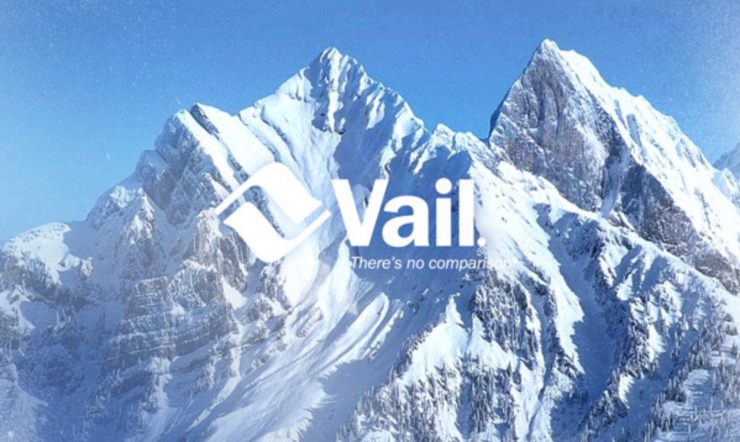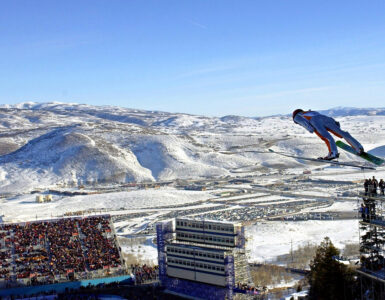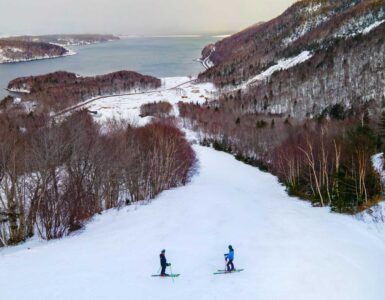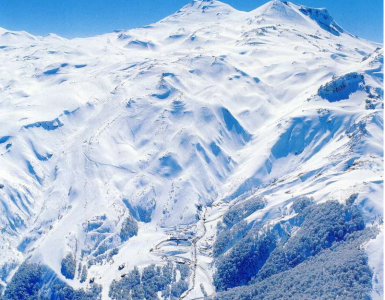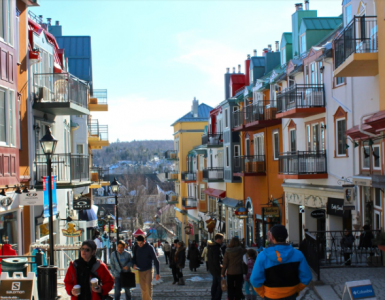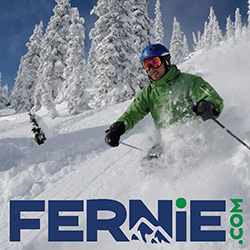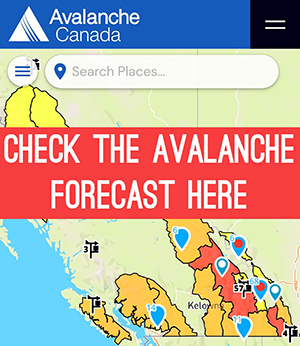Vail Resorts (VR) reported a 44-percent net loss for its first fiscal quarter of 2021, a consequence of Covid-19 impacts on summer ops across North America and winter ops in Australia for the period ending Oct. 31. Season pass sales through Dec. 6 saw a 20 percent increase in units year-over-year, though, even as sales dollars remained flat. Looking ahead, the company is employing stringent cost control measures to preserve funds, with capital expenditures planned for the next year.
While Covid was a compounding factor, the loss this fiscal quarter is in line with previous years. “Our first fiscal quarter historically operates at a loss, given that our North American mountain resorts are generally not open for ski season operations during the period,” said CEO Rob Katz.
The 20 percent uptick in season pass units sold through Dec. 6 shows promise, but with sales dollars this year reduced by the redeemed credits provided to last season’s pass holders due to the pandemic-shortened season, actual earnings were flat year-over-year.
VR indicated in the report that the primary driver of that unit growth was the credit incentive offered to renewing guests, although the company did see an increase in new passholders as well. The growth in pass purchases was particularly strong in the Utah, Northern California, and Whistler markets, and the Colorado market performed solidly, similar to last year.
“We are very pleased with the growth in our season pass program, particularly given the challenging circumstances surrounding the impacts of Covid-19,” said Katz, noting that pass sales since September have exceed the company’s expectations.
“We expect that the total number of guests on all advanced purchase passes this year will exceed 1.4 million including all passes for our North American and Australian resorts, demonstrating the significant loyalty of our guest base and the strong demand for our mountain resorts.”
To manage that demand safely during the pandemic, VR implemented operating procedures, including a new reservation system, across its 34 North American resorts. The reservation system, which opened to passholders Nov. 6 and daily ticket purchasers Dec. 8, continues to have capacity for almost all days during the core season across VR’s properties, said Katz.
As of Nov. 30, the company had a total cash and revolver availability of $1.2 billion and expects to have enough liquidity to fund operations through at least the 2021-22 ski season, even in the event of extended resort shutdowns.
Throughout the first quarter, VR maintained rigorous cost control measures. As a result of cost reductions driven by reduced seasonal labor and expenses as well as overhead cost savings, first quarter net revenue declined $132.1 million year-over-year, while its reported EBITDA only declined $18.1 million.
Looking ahead, VR has $110 million to $115 million in capital investments on the calendar for 2021. It won’t announce a complete calendar until March, but the company has confirmed several projects in Colorado, including a 250-acre lift-served expansion at Beaver Creek and new lifts at Breckenridge, Crested Butte, and Keystone. VR will also be upgrading and relocating two lifts at Okemo, Vt., completing its $35 million capital plan for Triple Peaks.
VR also has continued plans to invest in company-wide technology enhancements, noting that its call centers and chat functionality were not prepared to handle the fourfold increased volume over the last six months.
See the complete VR News Release here.
Source: SAM


